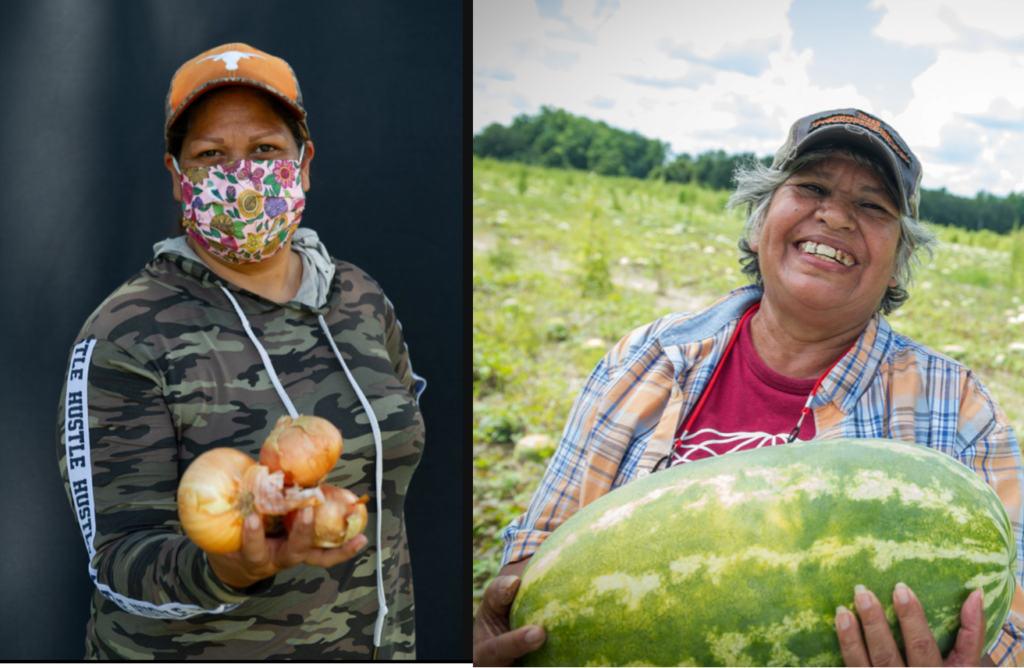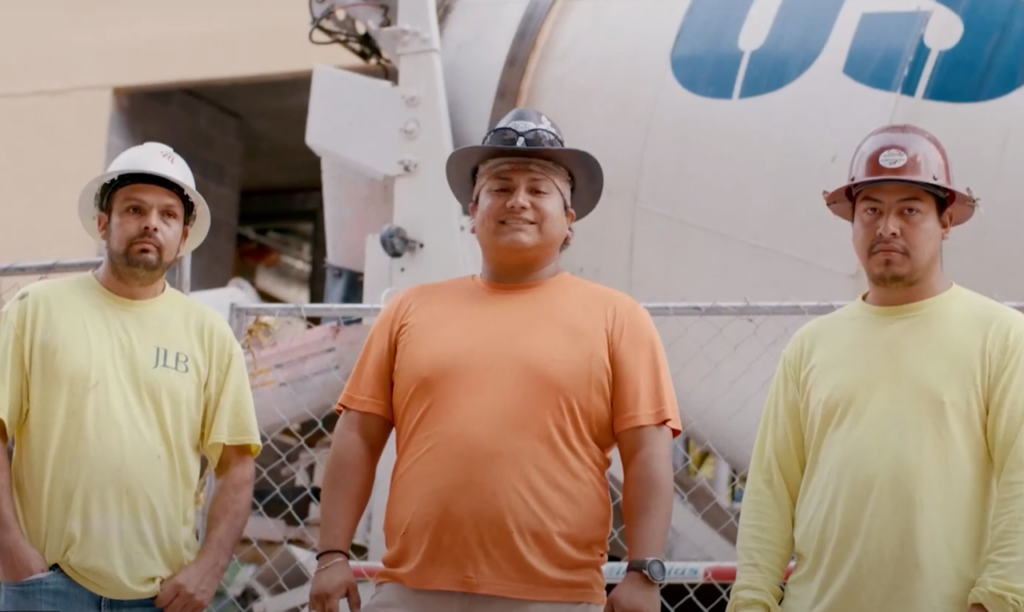Labor Day pays tribute to the contributions of workers. Some of us enjoy this day off thanks to the work of labor unions and their fight since the 1800’s. At that time, the average American worked 12-hour days and seven-day weeks to survive. Children usually worked earning a fraction of the wages paid to adults.
The many work accidents, lack of fresh water, air, breaks, and exploitation during that time, are well documented and speak of the terrible conditions workers endured. The vast majority of them poor and recent immigrants.
As the country evolved from an agricultural-heavy workforce to manufacturing and an industrialized economy, the visibility, voice and power of labor unions increased
Incidents like the Haymarket Riot in Chicago and a more organized community, led to the first Labor Day Parade in which over 10,000 workers took a day off to march in New York.
Today, many workers still face exploitative conditions in their centers and experience abuses, wage theft, trafficking, and consistent threats on their lives, from the limited access to water and rest, the exposure to the elements and pesticides and a system that still relies on cheap, poor, and imported labor with limited protections.
Do you know that “agricultural exceptionalism” means that employers are not required to pay Workers’ Compensation?
Do you know that children as young as 10 years old can work in the fields and are not owed a minimum wage?
In fact, in Georgia, the following types of employment are exempt from state child labor laws:
-Working for a parent or a person standing in the place of a parent who owns the business;
-Performing agriculture jobs; and
-Providing domestic service in a private home.
The current challenges employers face in securing consistent workers in a number of sectors, seem to be influencing the loosening of child labor protections instead of exploring ways to streamline permitting and licensing practices and find a path for many adult immigrants currently working and contributing in the shadows.
It is our hope that this Labor Day, we reflect that while progress has been made, many are still subject of the very practices we celebrate we have eliminated. Specifically, we want to raise awareness of the thousands working in fields, manufacturing and in poultry plants. Many of them Latino immigrants, AAPI and African refugees and Black community members.


Responses